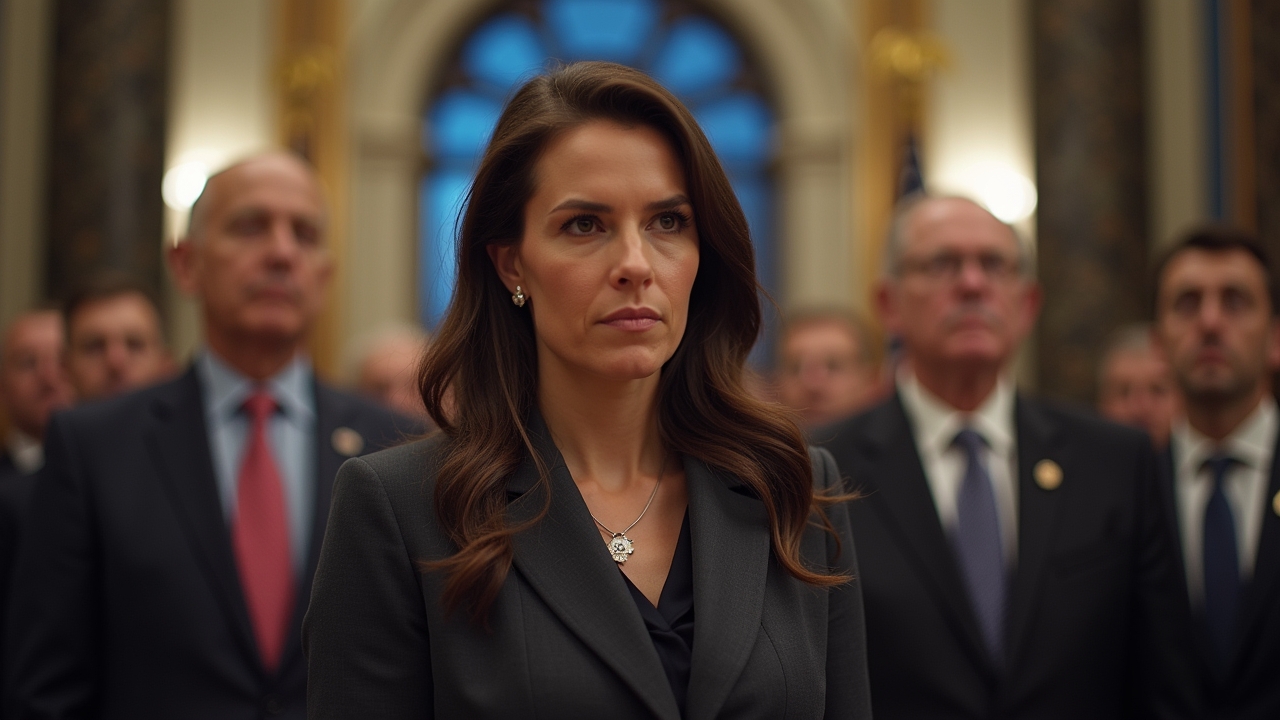PROTECT YOUR DNA WITH QUANTUM TECHNOLOGY
Orgo-Life the new way to the future Advertising by AdpathwayA federal judge has dealt a significant setback to New York Attorney General Letitia James, denying her request to mandate that the Department of Justice (DOJ) log all communications with the media. The ruling comes amid scrutiny over interactions between federal prosecutors and journalists, specifically an exchange between U.S. Attorney Lindsey Halligan and Lawfare reporter Anna Bower.
The recent attention surrounding this case centers on how prosecutors relate to the press, particularly in sensitive legal matters. It is not uncommon for prosecutors to communicate with reporters, but the nature of those exchanges can raise questions about transparency and ethics. Halligan’s texts with Bower seem to have caught James’ eye, prompting her to seek judicial intervention. In her motion, James contended that tracking communications with the media was necessary for ensuring fairness in the ongoing legal proceedings.
Judge Jamar Walker, who was appointed by President Biden, was not persuaded by James’ arguments. In his ruling, he stated, “The defendant does not demonstrate that it is necessary for the Court to order the government to track communications with the media in any particular form.” This firm dismissal sends a clear message: the court will not impose additional oversight on communications that fall within the normal scope of prosecutorial discretion.
The judge did acknowledge the unusual nature of Halligan’s communication with Bower but refrained from commenting on whether the interactions were inappropriate. This cautious approach underscores the complex dynamics at play in legal cases, especially those involving high-profile figures such as James, who is under federal investigation herself. By choosing not to provide an opinion on the ethical implications of Halligan’s discussions, the judge leaves unanswered questions hanging over the case while making it clear that procedural demands must have substantial justification.
James’ attempted maneuver to scrutinize DOJ communications reflects a defensive posture as her own legal troubles mount. The implication of her request carries with it concerns of fairness and transparency, but the rejection from the judge illustrates that not all courtroom strategies are destined for success.
Overall, this ruling is a notable development in the ongoing saga of Letitia James and her legal challenges. It highlights the delicate balance between prosecutorial freedom and the need for accountability, while also echoing broader questions surrounding media relations in the context of legal proceedings. This case will undoubtedly continue to unfold, and the implications of this ruling extend beyond the immediate concerns of James; they touch upon the crucial relationship between the judiciary, the executive branch, and the press in an era where transparency is often paramount.
"*" indicates required fields


 7 hours ago
2
7 hours ago
2


















.jpg)






 English (US) ·
English (US) ·  French (CA) ·
French (CA) ·